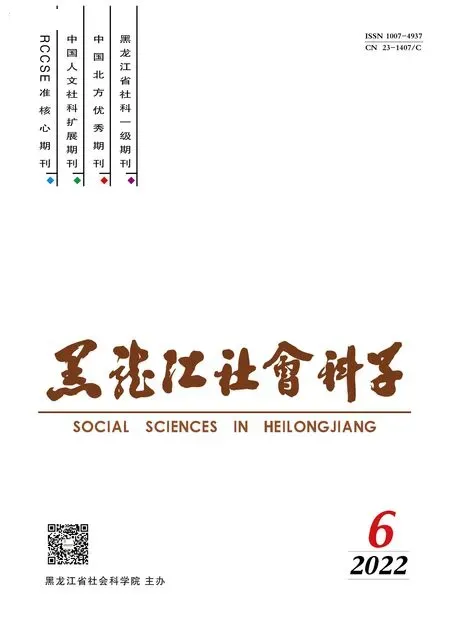ABSTRACTS
DeeplyUnderstandtheThreeDimensionsofChina’sRoad,China’sGovernanceandChina’sPrinciples
ZHANG Hai-bo
(SchoolofMarxism,WenzhouUniversity,ZhejiangWenzhou325035,China)
Abstract:The report of the 20th National Congress of the Communist Party of China is an authoritative document that deeply understands and grasps the road of China, the governance of China, and the principles of China. From the three dimensions of the superiority of the Chinese path to modernization path, the success code of the CPC, and the ideological greatness of Marxism, we should deeply understand and grasp the road of China, the governance of China, and the principles of China, and scientifically answer the questions of China, the world, the people, and the times. It is of great significance to deepen the truth understanding of “why the CPC can, why socialism with Chinese characteristics is good, why Marxism works, and why Marxism with Chinese characteristics and times works”.
Keywords:Chinese Path to Modernization Road; Common Prosperity; the Communist Party of China; Marxism
LaoSiguang’sExplorationofKnowledgeandPractice
WANG Yang-xiu
(SchoolofMarxism,ShanxiUniversity,Taiyuan030006,China)
Abstract: In the face of the ideological and value crisis in the 20th century, Lao Siguang realized that there is a drawback in the Chinese philosophical thinking tradition, which is because the ancient Chinese cultural spirit has been committed to establishing a moral order while ignoring the practice of exploring the experience world, valuing morality over intelligence, which is not conducive to its modernization process. Lao Siguang explained and reconciled the relationship between knowledge and practice from a modern perspective, and proposed the conditions and difficulties for the establishment of the order, difficulty, separation and integration of knowledge and practice, which provided more useful reference for the deconstruction of the theory of the separation of traditional thinking and practical practice, as well as the exploration of its modernity significance.
Keywords:Unity of Knowledge and Practice; Moral Intellectual Relationship; Relationship between Subject and Application; Lao Siguang

